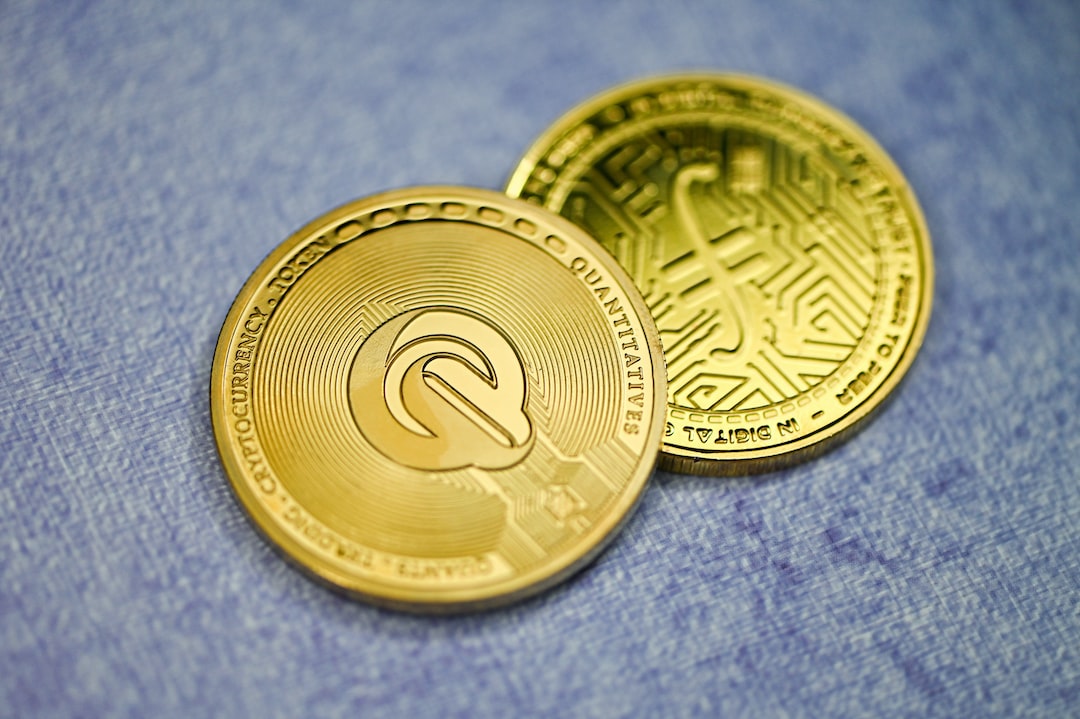Halal Forex Trading: Guidelines and Restrictions for Muslim Traders
Forex trading has become increasingly popular among investors worldwide. With its potential for high returns and the accessibility of online trading platforms, forex trading has attracted traders from various backgrounds and religions. However, for Muslim traders, there are certain guidelines and restrictions that need to be considered to ensure that their trading activities comply with Islamic principles.
Islamic Finance and Forex Trading
Islamic finance is based on the principles of Shariah law, which prohibits certain activities such as charging interest (riba) and engaging in speculative transactions (gharar). These principles aim to promote fairness, transparency, and ethical conduct in financial transactions.
Forex trading involves the buying and selling of currencies with the intention of making a profit from the fluctuations in exchange rates. While some aspects of forex trading may conflict with Islamic principles, there are ways to structure trades that are in compliance with Shariah law.
Avoiding Riba (Interest)
One of the main prohibitions in Islamic finance is the charging or paying of interest (riba). In forex trading, interest is commonly charged or earned on overnight positions held by traders. This is known as swap or rollover interest.
To comply with Islamic principles, Muslim traders can open an Islamic forex trading account that operates without swap or rollover interest. These accounts are also known as swap-free or Islamic accounts. Instead of charging or paying interest, these accounts may have an administration fee or wider spreads to compensate for the absence of swap interest.
Avoiding Gharar (Speculation)
Another principle of Islamic finance is the prohibition of gharar, which refers to excessive uncertainty or speculation in transactions. Forex trading involves speculation on the future direction of currency exchange rates, which may be considered a form of gharar.
To adhere to this principle, Muslim traders are advised to avoid excessive leverage and speculative trading strategies. Instead, they should focus on fundamental analysis and trading strategies that are based on sound economic principles rather than pure speculation.
Choosing Ethical Forex Brokers
In addition to opening an Islamic forex trading account, Muslim traders should also select an ethical and reputable forex broker. It is important to ensure that the broker operates in accordance with Islamic principles and offers Islamic accounts that are truly compliant.
A trustworthy forex broker will have clear policies and procedures in place to ensure that Islamic accounts are free from swap interest and other prohibited activities. They should also provide transparency in their operations and adhere to ethical standards in the financial industry.
Education and Awareness
To navigate the complexities of forex trading while adhering to Islamic principles, it is crucial for Muslim traders to educate themselves about the potential pitfalls and opportunities in the forex market. They should seek guidance from reputable Islamic scholars or financial advisors who have expertise in Islamic finance and forex trading.
By gaining a thorough understanding of the forex market and the specific guidelines for Islamic finance, Muslim traders can make informed decisions and participate in forex trading in a halal manner.
Conclusion
Forex trading can be a profitable investment opportunity for Muslim traders, provided that it is conducted in compliance with Islamic principles. By opening Islamic accounts, avoiding interest charges, and minimizing speculative trading, Muslim traders can participate in the forex market while upholding their religious beliefs.
Choosing an ethical forex broker and seeking educational resources from reputable sources are essential steps for Muslim traders to ensure that their trading activities comply with Islamic finance principles. With proper knowledge and guidance, Muslim traders can engage in halal forex trading and benefit from the opportunities offered by the global currency markets.






